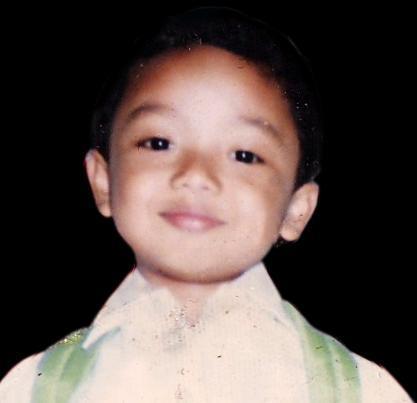i was once very surprised when looking around the room so many raised their hands. that was after the retreat host asked the group who among us have contemplated suicide.
that was four years ago. i'm not as surprised anymore.
one greek guy called it the greatest of mysteries, wondering why we all decide to live.
i believe there are a good number of reasons why people should not actually do it, this mystery called suicide. but i post another, less profound reason.
we only die once, might as well make it interesting.
++++++++++++++++++++++++++++++++++++++
on a completely different note, below is today's editorial of the new york times.
it is comforting to note that the world's "greatest" democracy have election problems too, making one volunteer lawyer remark that “if there were the investment in voting infrastructure that there should be, we would be totally unnecessary.” i remember hearing a volunteer make this comment before. coool.
August 9, 2008
Editorial
The Right to Vote
Much about the presidential election is up in the air, but one thing is certain: voters will have trouble casting ballots on Election Day. In a perfect world, states and localities would handle voting so well that the public could relax and worry about other things. But elections are so mismanaged — and so many eligible voters are disenfranchised — that ordinary citizens have to get involved.
Since the meltdown in Florida in 2000, a large, nonpartisan coalition called Election Protection — made up of civil rights groups, good-government organizations and major law firms — has been doing critical work in standing up for voters. It is an effort that anyone who cares about democracy should get behind.
The civic books say that any eligible voter who registers in time can cast a ballot on Election Day. The reality is not so simple. People file registration forms that are not properly processed, or their names are wrongly purged from the voter rolls. They are required to present photo ID even when the law does not require it. They arrive at polling places and find machines that do not work properly or lines that take hours to get through.
A major reason for these problems is that states and localities are stingy about paying for elections, so election officials do not have enough workers, training, computers and voting machines. Frequently, though, the driving force is partisanship. Some political interests benefit from low turnout, particularly among minorities, the poor, students and the elderly.
Campaigns and parties often use dirty tricks to suppress the vote, such as circulating leaflets in particular areas giving the wrong date for the election. In other cases, the obstacles come from election officials. In 2004 in Ohio, the Republican secretary of state made so many anti-voter rulings — including an infamous one disqualifying registrations filed on less than 80-pound paper — that it seemed as if his goal was to keep turnout low.
Groups that are committed to the right to vote have begun to fight back. Election Protection did invaluable work in 2004. It was a powerful advocate for voters when it counted the most — while the polls were still open.
This year, Election Protection is already working with election officials trying to eliminate obstacles to voting. In November, it plans to have 10,000 lawyers, law students and other volunteers working around the country to help voters whose names are not on the rolls when they should be, to get polls to stay open late when there are long lines and generally to see that everyone gets to cast a ballot who is entitled to.
Jonah Goldman, a lawyer with the Lawyers’ Committee for Civil Rights Under Law who works on Election Protection, notes that “if there were the investment in voting infrastructure that there should be, we would be totally unnecessary.” Until that happens — and until elections are run entirely by people who want every eligible voter to be able to cast a ballot — smart, well-coordinated volunteer efforts are crucial.
THE NY TIMES: link
here.



